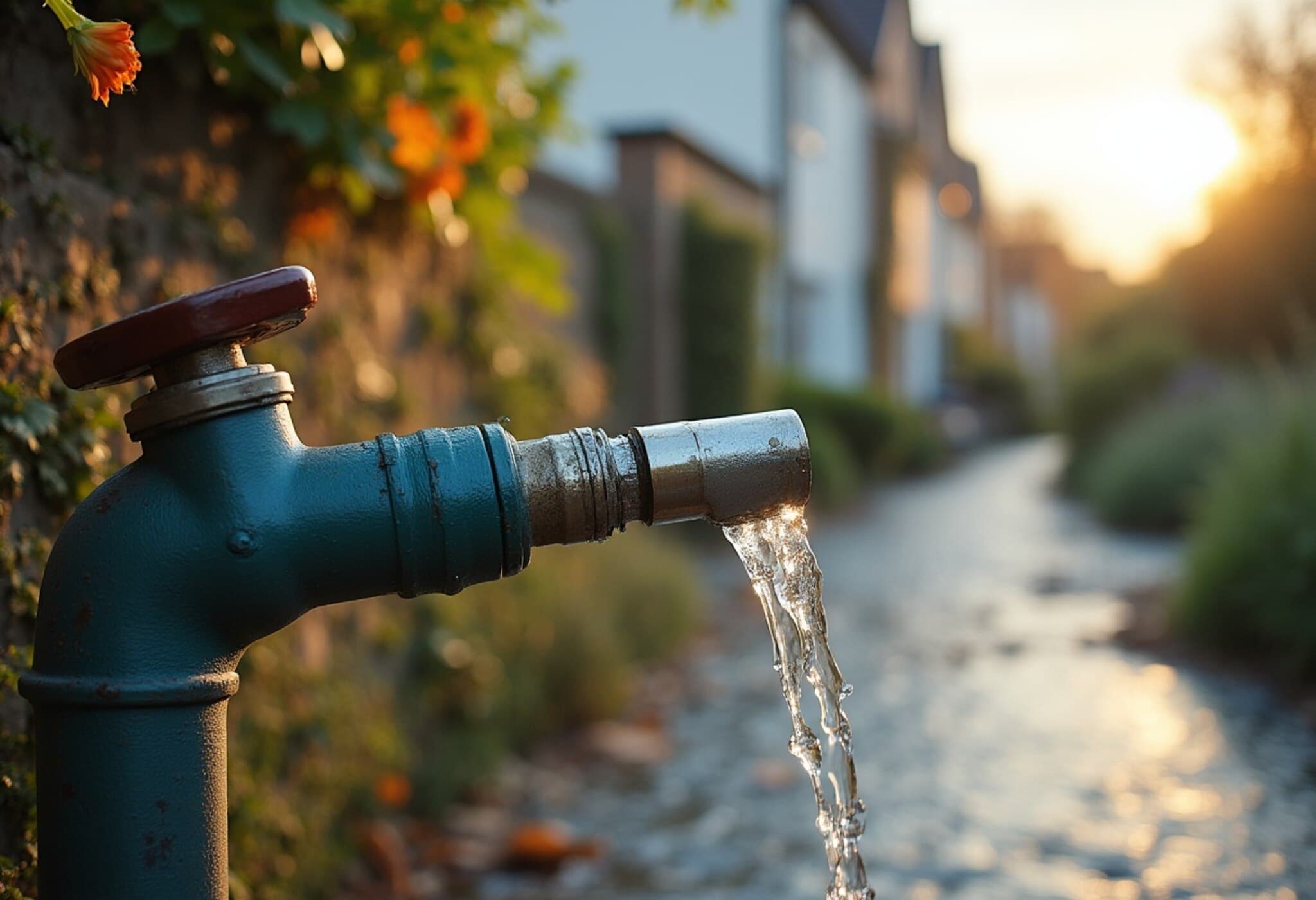Thames Water Imposes Hosepipe Ban to Combat England’s Severe Drought
In an unprecedented move reflecting the severity of the ongoing drought, Thames Water—the largest water supplier in England—has announced a mandatory hosepipe ban starting July 22, 2025. This decision aims to drastically reduce water consumption across southern England after the region experienced its warmest and driest spring in more than a century.
Who is Affected and What Does the Ban Entail?
The ban covers households in counties including Oxfordshire, Gloucestershire, Berkshire, and neighboring areas served by Thames Water. Residents will be prohibited from using hosepipes for common activities such as:
- Washing cars
- Watering gardens or allotments
- Filling paddling pools or swimming pools
- Cleaning windows or driveways
Violations of the ban may result in fines and further restrictions as authorities aim to preserve dwindling water reserves.
Context: A Growing National Water Crisis
Thames Water’s announcement follows similar restrictions from other providers, including Yorkshire Water and South East Water, which recently implemented temporary bans to manage demand.
The UK government reported that reservoir levels across England currently sit at an alarming 77% of capacity, well below the seasonal average of 93%. With climate experts warning that climate change is intensifying drought patterns, the water scarcity issue is becoming an increasingly urgent challenge.
Expert Analysis: The Stakes and Broader Implications
"We are witnessing a transformation in water resource management necessitated by climate pressures," explains Dr. Emily Carter, an environmental policy analyst based in London. "Drier springs not only increase the risk of drought but also place stress on agriculture, ecosystems, and urban infrastructure. The hosepipe ban is a necessary step to encourage conservation among residents, but more holistic and long-term water management strategies must be prioritized."
The ban’s timing, amid a summer predicted to remain hot and dry, serves as a cautionary signal for policymakers and the public alike. Water suppliers and government agencies are under pressure to accelerate investments in sustainable water infrastructure, including improved reservoirs, leak reduction, and alternative water sources.
What Can Residents Do Now?
While the ban limits certain uses of hosepipes, households are encouraged to adopt broader water-saving habits such as:
- Fixing leaks promptly
- Using water-efficient appliances
- Collecting rainwater where possible
- Limiting non-essential water use
Public cooperation will be critical to ensuring reservoirs don’t fall to dangerously low levels, which could trigger stricter water use restrictions in the months ahead.
Looking Ahead: Climate Change’s Role in England’s Water Future
The historic drought gripping England underscores a broader reality confronting much of the world. Changing weather patterns are challenging traditional assumptions about water availability, prompting urgent discussions on resilience, equity, and sustainability.
Policy experts warn that without aggressive climate mitigation and adaptation measures, water scarcity could become a recurrent emergency in regions previously considered water-secure.
Editor's Note
Thames Water’s hosepipe ban is more than just a temporary inconvenience—it reflects fundamental shifts in environmental conditions and resource management. As communities grapple with the immediate impacts, the critical questions remain: How can England transform its water infrastructure for long-term resilience? What role can individual citizens play in conserving water beyond mandated restrictions? And how will policymakers balance growth with sustainability as climate disruptions intensify?
This evolving situation demands attention not only from policymakers but from every resident who relies on this precious resource.











